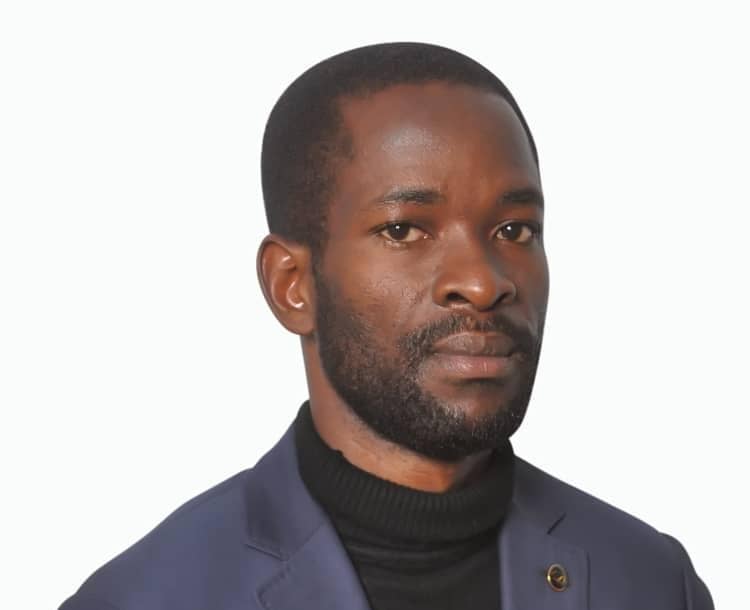By Our Reporter,
KAMPALA
The Uganda Journalists Association (UJA) has strongly condemned a directive issued by the Uganda Communications Commission (UCC) requiring media house owners to regulate their employees’ social media activities.
Last week on Friday, UCC’s Executive Director, Nyombi Thembo said during a meeting in Kampala that media outlets should hold journalists accountable for their personal online posts.
UJA Secretary General, Emmanuel Kirunda says the directive is an attack on independent journalism and a violation of press freedom.
“This directive is venomous to independent journalism, as it could lead to retrenchment of journalists and legal battles against media houses,” Kirunda criticized.
UJA has urged media owners to disregard the directive, warning that it could lead to legal consequences for those who comply. The association also reiterated its commitment to seeking legal redress for any journalists affected by the directive and called for the resolution of all pending legal cases involving journalists and the UCC.
This is not the first time UCC brings such a directive. In 2019, a similar controversial directive was introduced by the then Commission ED Eng. Godfrey Mutabazi. At that time, 39 journalists from 13 media houses, including Akaboozi FM, BBS TV, Beat FM, Kingdom TV, NBS TV, NTV, and others, faced dismissal for allegedly publishing undesirable content. The UCC demanded that media outlets provide the details of the involved journalists and recordings of live programs aired on April 29, 2019.
However, UJA filed a petition with the High Court, and Hon. Lady Justice Lydia Mugambe ruled against the directive, stating that it violated the constitutionally guaranteed rights to freedom of speech, expression, and publication. An order was issued to prevent the dismissal of the journalists until the case is resolved, a decision that is still pending.
Kirunda emphasized the importance of protecting journalists’ rights and ensuring that press freedom remains intact, urging the judiciary to expedite the resolution of the ongoing cases.








































